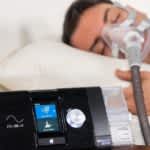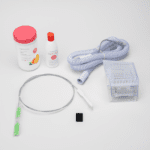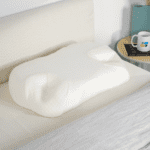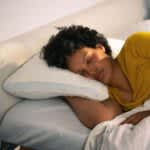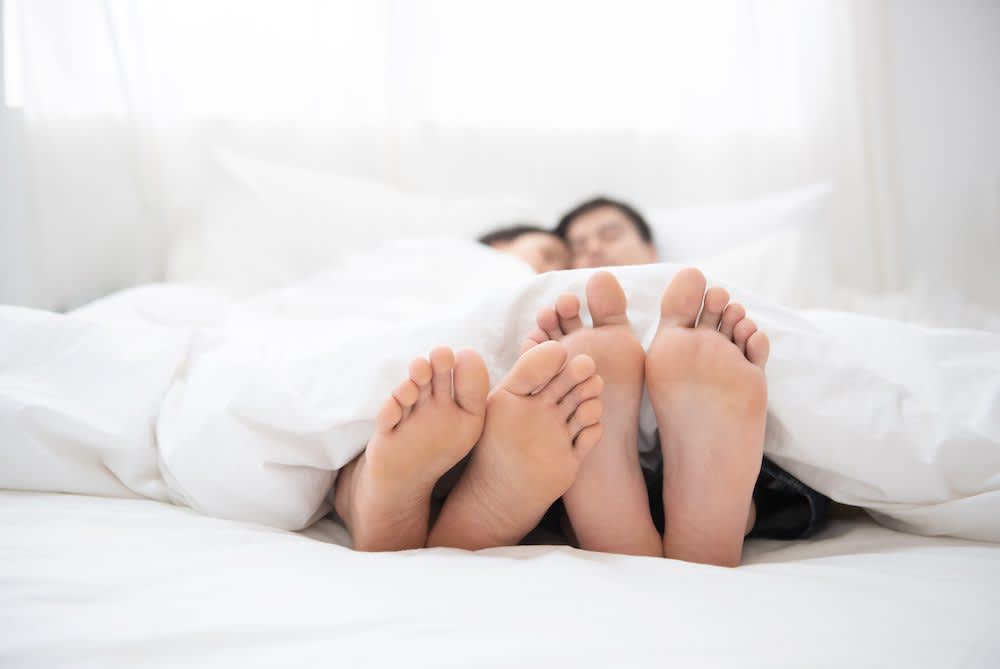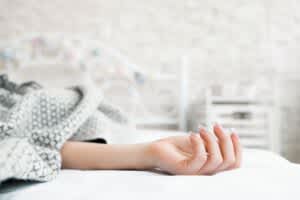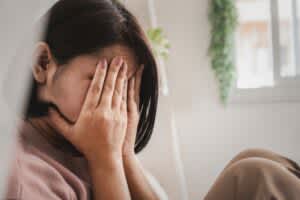You may already have a routine for caring for your skin that includes washing your face, applying night cream, or using lotion. Whether it’s a regular skincare routine or wearing sunscreen on a sunny day, caring for your skin takes work. Skin is the body’s largest organ, and its job is to serve as a barrier and protect the body from foreign organisms and toxins.
Getting adequate sleep each night is essential for your health, including your skin. If you’re looking to improve the health and appearance of your skin, consider adding a few more hours of sleep to your routine.
Adults are recommended to sleep at least seven hours each night. During sleep, your body releases growth hormones, which help with cell and tissue repair and restore your skin. Sleep also ensures the production of cytokines, which are molecules that help the immune system fight infections, including ones that affect the skin.
Without adequate sleep, you’re more at risk for numerous physical and mental health concerns. Additionally, you may observe changes in your skin and complexion. We’ll cover how sleep, or a lack thereof, impacts the way your skin looks and feels.
Acne Flare-Ups
Research shows a lack of sleep may cause acne. People who report having poorer sleep quality are more likely to have worse acne. Fatigue upon waking up is also strongly associated with acne.
Stress is a factor in the development of acne. When you are stressed, your body produces cortisol and inflammatory proteins. Sleep deprivation can also significantly raise cortisol levels. This cortisol increase can negatively impact your immune system’s fighting power, which can lead to increased skin problems or disease.
Additionally, acne itself can induce stress and anxiety. Adult women with acne experience more distress than adolescent women with acne. This frustration with appearance can lead to poor habits, such as picking at the skin. The accompanying stress and anxiety can also make sleeping difficult.
Eye Bags, Puffiness, and Dark Circles
Skimping on sleep leads to a more tired appearance. You may find yourself with puffy eyes or dark circles underneath your eyes. This puffiness is caused by fluid retention in the soft tissue around your eyes. Eye circles are especially common in the mornings or after a salty meal. The purple-tinted coloring comes from the muscle in the lower eyelid.
Aging of Skin
Less sleep can also lead to the appearance of aging skin. When women receive poor sleep, their skin doesn’t retain as much water. A high water loss indicates that the skin barrier is weak. Because sleep helps the body repair itself, women who have slept well have 30% greater skin barrier recovery than women who have slept poorly. Well-slept people also recover significantly better from facial redness caused by ultraviolet light.
Evidence is mixed as to whether or not sleeping in a certain position can cause wrinkles. One study determined a person’s preferred sleep position doesn’t impact if they develop wrinkles or sagging. Another small study suggests sleeping can impact wrinkle formation and recommends using a pillow designed to reduce pressure on the skin.
Sleep and Satisfaction with Appearance
Sleep can also affect mood and perception, including how a person perceives their skin and overall appearance. Women who sleep well tend to be more satisfied with their appearance than women who do not sleep well. This satisfaction may be due in part to how they are perceived in the world.
Studies have demonstrated that someone who is sleep deprived is perceived as less attractive. As a result of sleep deprivation, they might have dark circles under their eyes, swollen eyelids, and a puffy face. There is also a correlation between appearing tired and appearing sad.
A tired face can be perceived as unhealthy. As a result, people are less likely to want to socialize with someone who appears sleep-deprived. Unfortunately, if a sleep-deprived person experiences this social disruption, it can negatively impact their mental health, which can then affect their overall sleep.
Healthy Sleep Promotes Healthy Skin
Increased sleep quality and duration can help ease acne and other skin disorders. However, getting more sleep can feel daunting at first, so take it in stages.
Start improving your sleep by setting your bedtime 15 minutes earlier for a few days. Then you can move your bedtime up by another 15 minutes. Also, be sure your sleep environment is cool, dark, and noise-free.
You may also want to try relaxing activities in the evening to prepare you for sleep, such as reading or gentle yoga. Keep electronics away to avoid blue light disrupting your circadian rhythm.
Just like a skincare routine, finding a good sleep routine takes some practice. With a little patience, you’ll discover what works well for you and that beauty sleep will come easier.
References
Ask the Sleep Doctor
Have questions about sleep? Submit them here! We use your questions to help us decide topics for articles, videos, and newsletters. We try to answer as many questions as possible. You can also send us an email. Please note, we cannot provide specific medical advice, and always recommend you contact your doctor for any medical matters.


